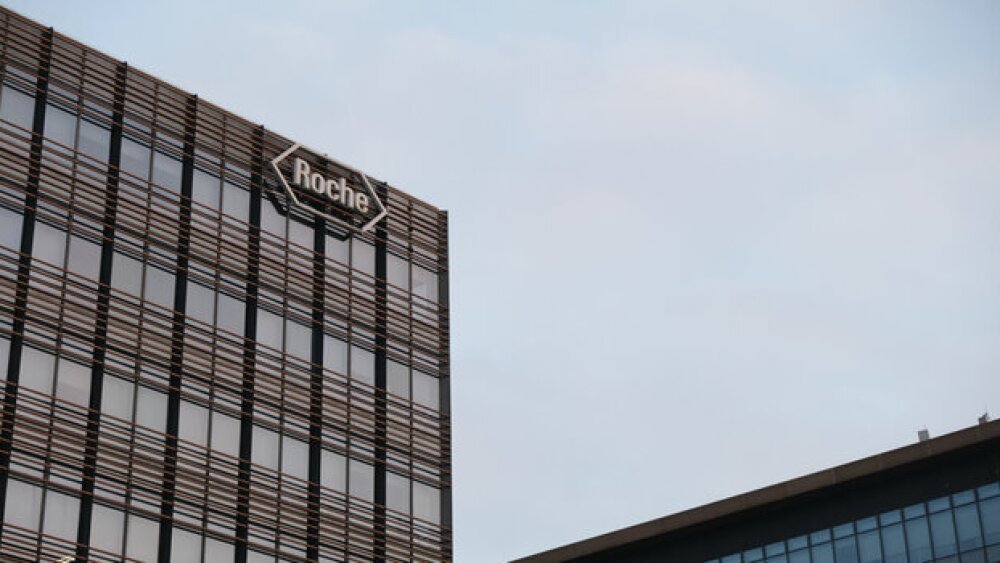With $70 million upfront and more than $1.8 billion on the line, Roche will gain access to Flare’s drug discovery engine to bolster its oncology pipeline.
Roche on Tuesday entered into a back-heavy oncology deal with Flare Therapeutics, paying $70 million upfront to discover and advance new small molecule drug candidates against previously undruggable transcription factors to enhance or suppress the expression of particular genes. Under the deal, Massachusetts-based Flare will be entitled to discovery, development and commercialization milestones that could potentially be worth more than $1.8 billion.
The biotech will be responsible for discovery and preclinical efforts to target several transcription factors, after which Roche will take over and lead other preclinical studies, clinical development and commercialization. The agreement also gives Flare the right to co-fund the development for one target for higher U.S. royalties.
At the heart of Tuesday’s deal is Flare’s proprietary proteomic and mass spectrometry platform, which combines genetic, chemoproteomic and structural biology data to find what the biotech calls a switch site, a “druggable pocket” that plays a central role in how transcription factors interact with DNA—and therefore has “the ability to control gene expression,” according to Flare’s website.
With the switch site identified, Flare’s drug discovery engine assesses the “ligandability” of the pocket and determines the effects of targeting the specific site. The biotech can then conduct assays to identify potential small molecule drugs for the target site.
With Tuesday’s partnership, Roche is expanding its approach to oncology to include transcription factors. In a statement, Boris Zaïtra, head of Roche’s corporate business development, said that “transcription factors play a crucial role in various oncological diseases and have the potential to address high unmet medical needs.”
Roche’s cancer business is anchored by the PD-L1 blocker Tecentriq (atezolizumab), which is approved for several indications including urothelial carcinoma and non-small cell lung cancer (NSCLC). In the third quarter, Tecentriq surged 10% year-on-year to bring in $1.06 billion. In September 2024, Tecentriq scored a win over Merck’s blockbuster cancer therapy Keytruda (pembrolizumab) when it won the first FDA approval for a subcutaneous PD-L1 antagonist in the U.S.
The pharma has secured several other key victories in cancer this year, including a first-line breast cancer approval for the oral PI3K blocker Itovebi (inavolisib) last month and a label expansion for the ALK inhibitor Alecensa (alectinib) for the adjuvant treatment of early-stage NSCLC after resection.






